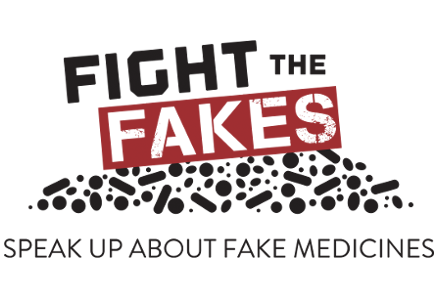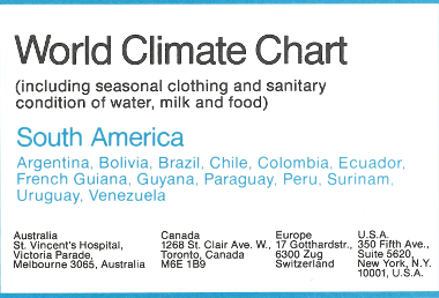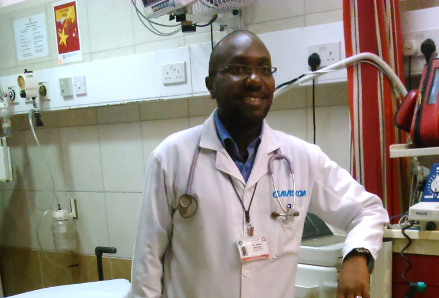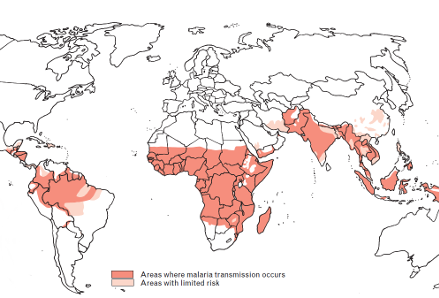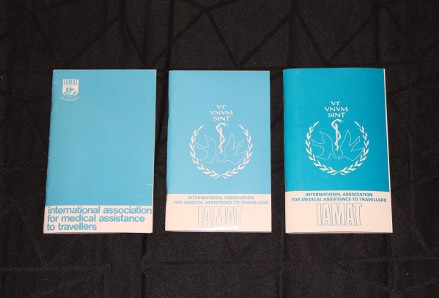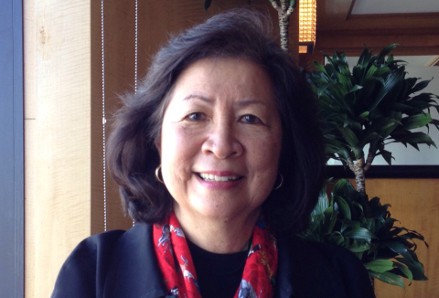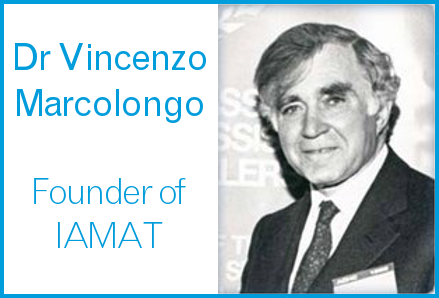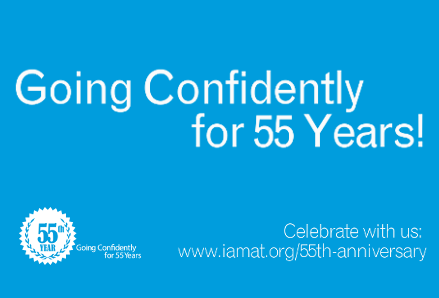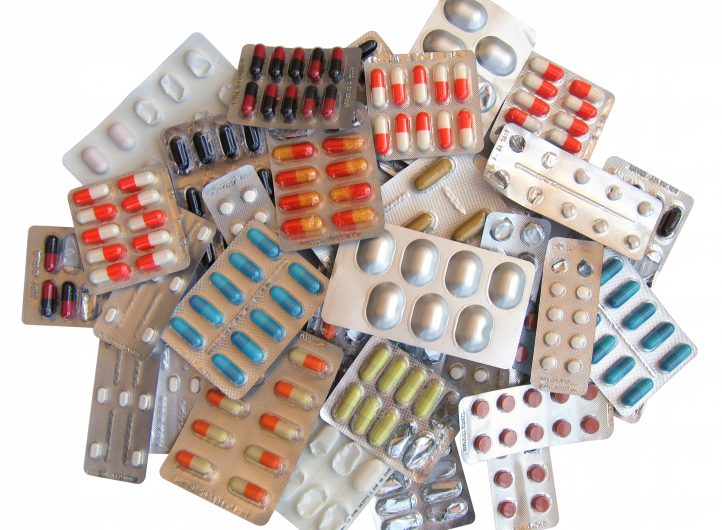We’re thrilled to announce that as of May 21st, 2015, IAMAT is an official partner of Fight the Fakes, a campaign that aims to raise awareness about the dangers of fake medicines. Fake medicines put travellers and the public at risk. Patients believe they are receiving genuine treatment, but instead they are getting potentially dangerous products that could increase resistance to real treatments, and cause further illness, disability or even death. The Fight the Fakes campaign gives a voice to those who have been personally impacted and shares the stories of those working to put a stop to this threat to public health. It seeks to build a global movement of organizations and individuals who will shine light on ...
